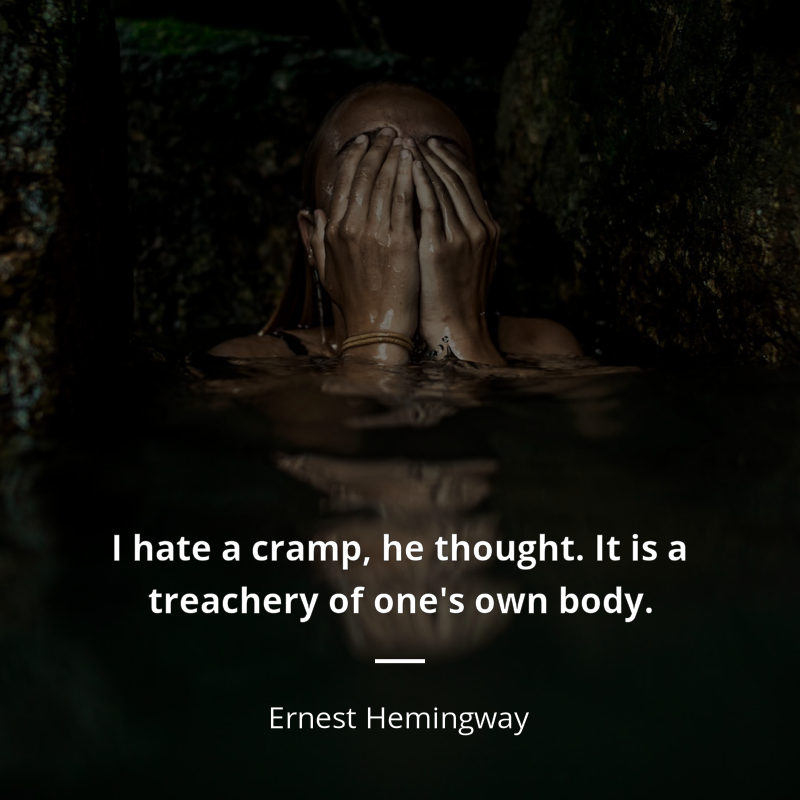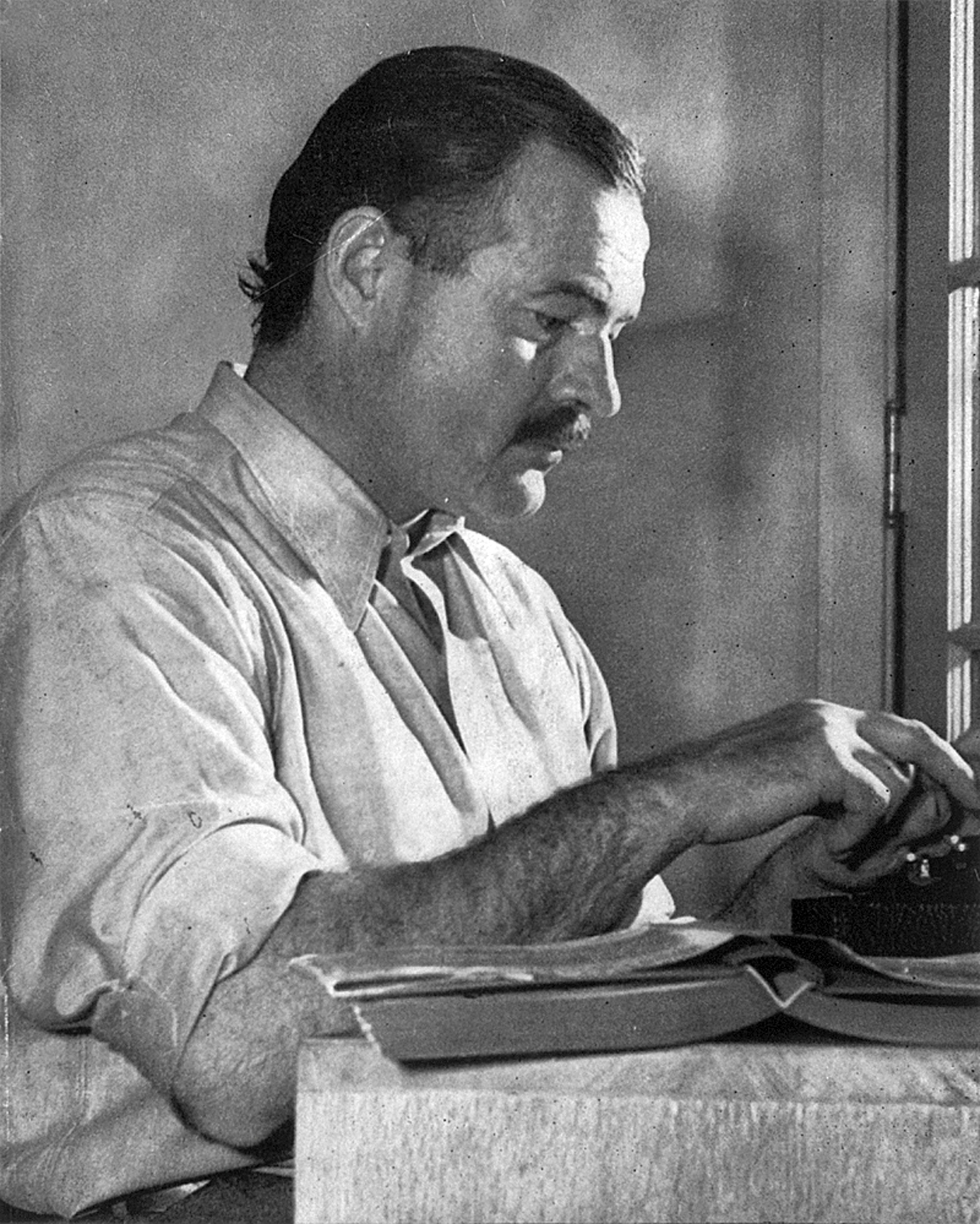Ernest Hemingway citations célèbres
Ernest Hemingway Citations
Le viel homme et la mer, 1952
“La mort est un remède souverain à toutes les infortunes.”
Mort dans l'après-midi, 1938
“Ça m'empêchera pas de le tuer, dit-il; tout superbe et formidable qu'il soit.”
Le viel homme et la mer, 1952
Le viel homme et la mer, 1952
“Dans tous les arts, le plaisir croît avec la connaissance que l'on a d'eux.”
Mort dans l'après-midi, 1938
Ernest Hemingway: Citations en anglais
“My big fish must be somewhere.”
Source: The Old Man and the Sea
“Prose is architecture, not interior decoration, and the Baroque is over.”
Source: Death in the Afternoon (1932), Ch. 16
“Why did they make birds so delicate and fine as those sea swallows when the ocean can be so cruel?”
Source: The Old Man and the Sea
Source: A Moveable Feast: The Restored Edition

“I love you and I always will and I am sorry. What a useless word.”
Source: The Garden of Eden
“You ought to dream. All our biggest businessmen have been dreamers.”
Source: The Sun Also Rises
Colonel John Boyle and David in Ch. 7
Source: The Garden of Eden (1986)
“You can write any time people will leave you alone and not interrupt you.”
Paris Review interview (1958)
Contexte: You can write any time people will leave you alone and not interrupt you. Or rather you can if you will be ruthless enough about it. But the best writing is certainly when you are in love.
“But did thee feel the earth move?”
Source: For Whom the Bell Tolls
“I don't want to be your friend, baby. I am your friend.”
Source: A Farewell to Arms
“There are many who do not know they are fascists but will find it out when the time comes.”
Source: For Whom the Bell Tolls
Based on a 1957 Ken Purdy quote, first mentioned in a posthumously published interview with Alfonso de Portago: note: :“I have a quotation in a story, a piece of fiction that won't be published until this summer,” I told Portago, “something that I thought at the time I wrote it you might have said: that of all sports, only bull fighting and mountain-climbing and motor-racing really tried a man, that all the rest are mere recreations. Would you have said that?”
I tend to agree with Hemingway who said something to the effect that only mountain climbing, bull fighting and automobile racing were sports and that everything else was a game.
Source: Ken W. Purdy (August 1957) "Portaro; The real story of the sizzling Spaniard" https://archive.org/details/sim_car-and-driver_1957-08_3/page/n70 Sports Cars Illustrated (Ziff-Davis: New York) vol. 3 no. 2 p. 63 note: :“There are three sports that try a man,” she remembered Helmut Ovden saying, “bullfighting, motor racing, mountain climbing. All the rest are recreations.”
Source: Ken W. Purdy (27 July 1957) "Blood Sport" https://archive.org/details/sim_saturday-evening-post_1957-07-27_230_4/page/92 The Saturday Evening Post (Curtis: Philadelphia) vol. 230 no. 4 p. 92
Source: An early attribution to Hemingway is the essay "Why" by Gene Hill, published in Guns & Ammo and reprinted in 1972 in A Hunter's Fireside Book: Tales of Dogs, Ducks, Birds and Guns (Winchester Press: New York) ISBN 0876910762 p. 96

“I hate a cramp, he thought. It is a treachery of one's own body.”
Source: The Old Man and the Sea
Letter to F. Scott Fitzgerald (28 May 1934); published in Ernest Hemingway: Selected Letters 1917–1961 (1981) edited by Carlos Baker
